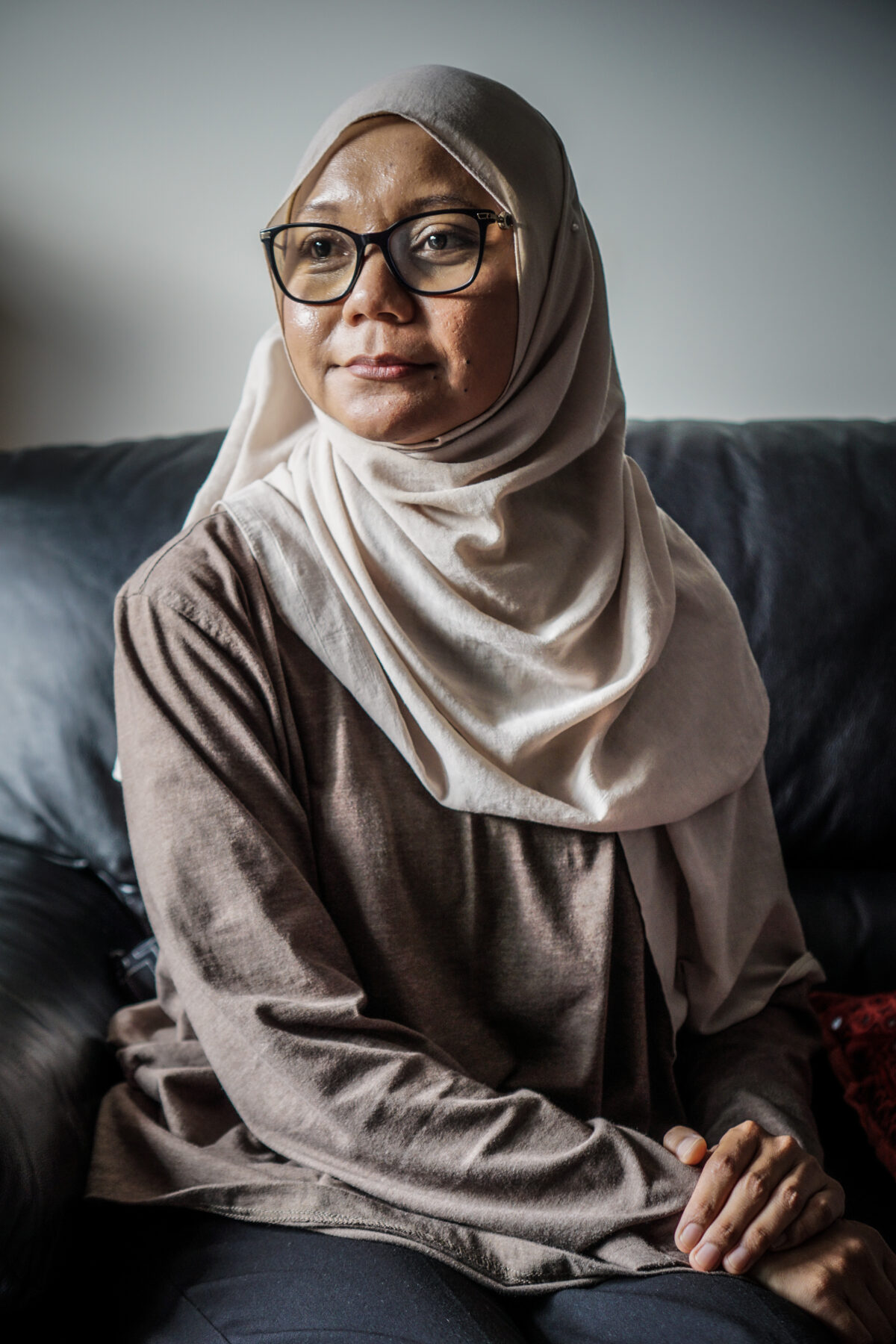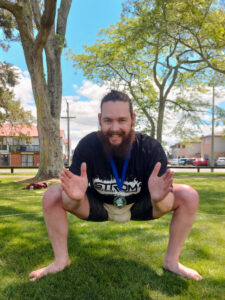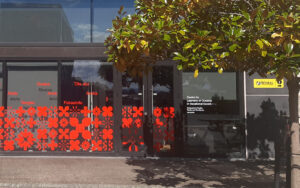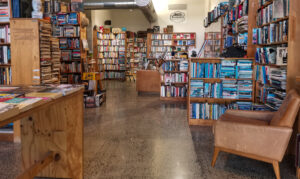“If you want to know about Islam, ask the people around you.”
Despite Islam being the second largest religion globally, it has often felt to be misrepresented by the Western media. When Ramadan was observed earlier this year, a discussion held with a member of the Islamic community provided an opportunity to learn more of this rich religion and its annual observance.
Ramadan represents the ninth month of the Islamic calendar,
during which all physically able Muslims must fast whilst the sun is up. The
month of Ramadan changes relative to the Western calendar and this year it started
on the 13th of April and ended on the 12th of May.
I spoke to Endah Rohayana to learn more about this
significant time of year.
Rohayana, originally from Indonesia, came to New Zealand in
2002 when she was 25. She studied at Wintec in Hamilton and now works as a
laboratory technician for Hill Laboratories.

She was five years old when she started to participate in
Ramadan with half day fasts, and twelve years old when she began to fast full
days alongside observing adults. Rohayana
says that Ramadan is about much more than fasting.
“For me, Ramadan is charging your batteries…. charging
your mind, charging your body, charging your soul.”
Rohayana stated that Ramadan gives her a sense of
“self-interpretation”, allowing her to reflect on her values and what is
important to her. Ramadan is her time to find a balance with her priorities and
to “Take a break from dunya”. Dunya is described in Islam as all things
tangible, earthy concerns and possessions.
Some Westerners or non-Islamic individuals may have a
perception that Ramadan is a challenge, something that is not enjoyable. In
contrast, Rohayana and many of her friends look forward to Ramadan. For them
this is a time to appreciate what they have, a period where there is a bigger
emphasis on family and on the less tangible things in life.
Rohayana also spoke more broadly about living an Islamic
lifestyle in New Zealand. She stated that in her workplace and personal life
she has not encountered any barriers because of her Islamic faith. She says
that most people are inquisitive about her faith because they see her wearing a
hijab.
“I think New Zealand is open to the diversity, which is good. And they ask about it, without judging but with curiosity”
Rohayana is positive about the average Kiwi’s respect and
curiosity towards Islam but also laments the media’s representation of it. Which
she feels focuses too heavily on negative stories, she says
“The TV and the media just talk about terrorist bombings…
but people don’t see us! I’m tired of it”.
Rohayana believes that the media has a narrow focus on
violent Islamic content is because it is more “interesting” than the
true intricacies of Islam. Because of this, Endah is sceptical of both talking
to and digesting the media. She says this negative content is not what people
need to see and that content like this interview is of greater importance,
despite being perceived as less interesting.
Rohayana says that if people want to learn more about Islam,
then they should talk to the people who follow its teachings, instead of solely
relying on the media.




